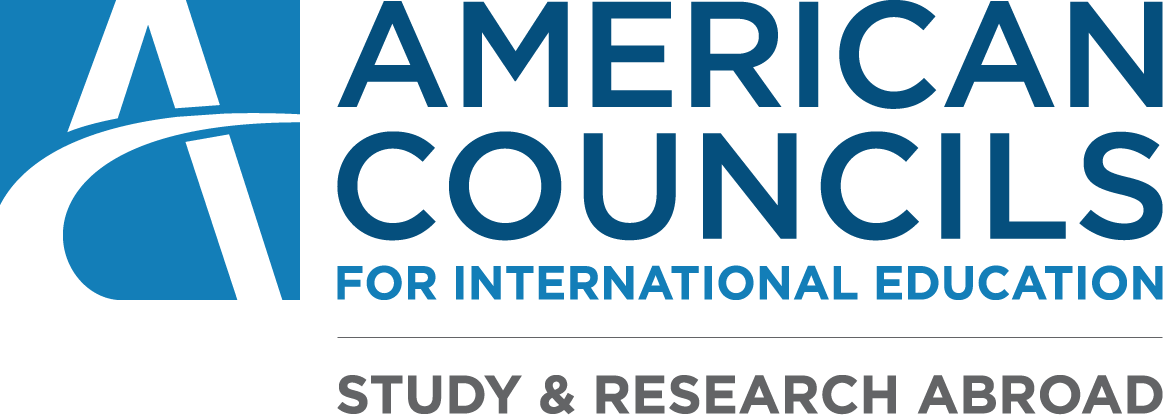Fulbright-Hays Scholarship Recipient Profile: Adam Landau
Adam Landau reflects on his experience while on the Advanced Russian Language and Area Studies Program in Moscow as a Fulbright-Hays Group Projects Abroad scholarship recipient. This story was originally shared on August 18, 2020.
My time in Moscow was incredibly beneficial to me, both academically and personally. Before I arrived in Russia, I had studied Russian at my university for two years and had enough knowledge of vocabulary and grammar to get me through most basic situations. However, I felt like a robot whenever I used the language; I was programmed to respond to certain questions with certain answers, and was able to say a couple things about myself that I memorized. I was missing the abilities that make language useful, namely the ability to express myself and the ability to argue or at least defend my point of view, and had little to no confidence when I spoke whenever I strayed from the topics I had rehearsed previously. Living in Russia and learning the language there not only boosted my confidence when speaking, but also shifted me from speaking Russian like a robot to speaking like a Russian. From having discussions about daily life with my professors, to helping my host mother make pelmeni, the cultural aspect of the language provided to me through study abroad, was crucial to my understanding of Russian.
My host mother making pelmeni for dinner.
It was interesting to learn about history, geography, and music in Russian, and exemplifies that through an immersive language program like this, all aspects of language are presented to the students. The goal was to hear Russian in as many different contexts as possible, in a structured manner. In American Russian classrooms, there simply isn’t enough time to be instructed in phonetics and intonation, yet during the program we would spend considerable time each week in class doing just that. After a few weeks, I was able to fully understand most speakers, and I would be able to listen to conversations on the street and understand what was going on. One time, near a park where I lived, I was able to near fluently give directions in Russian to the entrance to a couple. If there ever was any situation that my classmates and I couldn’t get through confidently, we were encouraged to discuss it with our professors, who would teach us the vocabulary needed to get through it, as well as any cultural cues we may have missed. It began to feel like I was becoming a local, like I was actually part of Moscow life, not just an observer or tourist.
The program’s weekly excursions were also very useful for learning the language, and provided experiences I wouldn’t have gotten had I not gone abroad. Culture and language go hand in hand, and from watching a Russian ballet rehearsal, to seeing a production of Crime and Punishment at a Moscow theater, it allowed me to experience Russian in ways I hadn’t before. Studying abroad has been the best thing I’ve ever done in regards to learning Russian. Because of the improvement I made in my ability to speak and understand the language, as well as the rise in confidence I obtained, I have decided that I definitely would like to pursue a career that allows me to continue to use the Russian language in the future.
A class excursion to a ballet school.
About Fulbright-Hays Scholarships from American Councils
American Councils for International Education has received a grant from the U.S. Department of Education, Fulbright-Hays Group Projects Abroad, to provide scholarships for advanced overseas Russian and Persian language study. Learn more about the eligibility requirements here.
About Fulbright-Hays Group Projects Abroad
The Mutual Educational and Cultural Exchange Act, commonly referred to as the Fulbright-Hays Act, was made law by the 87th U.S. Congress under President John F. Kennedy on September 21, 1961. Senator J. William Fulbright and Representative Wayne Hays introduced the legislation, which represents the basic charter for U.S. government-sponsored educational and cultural exchange. 2016 marks the 55th anniversary of this landmark legislation. More information about Fulbright-Hays Group Projects Abroad can be found here.
By: Adam Landau
Program: Advanced Russian Language and Area Studies Program
Term: Spring 2020


